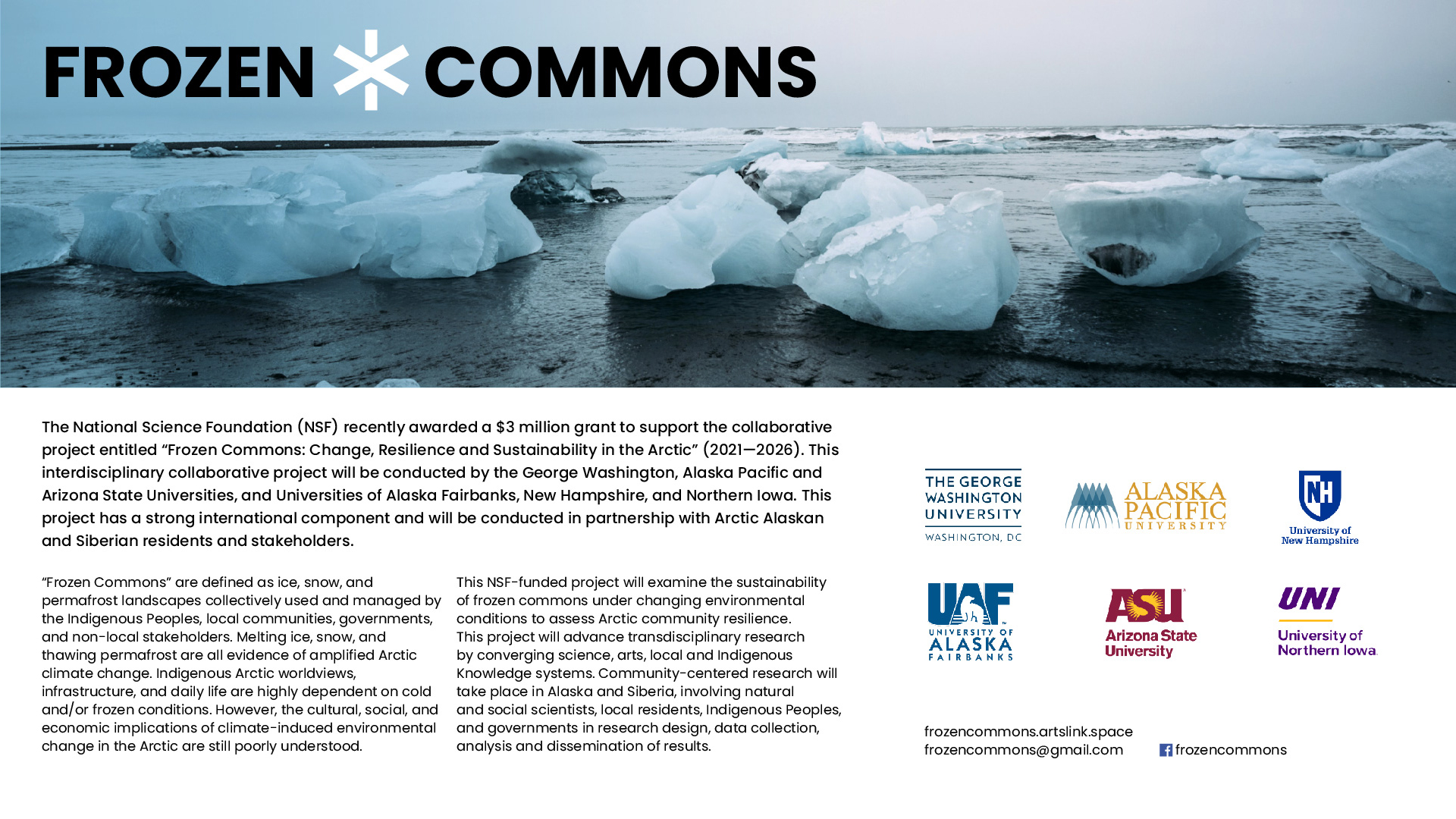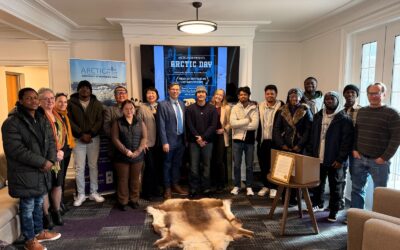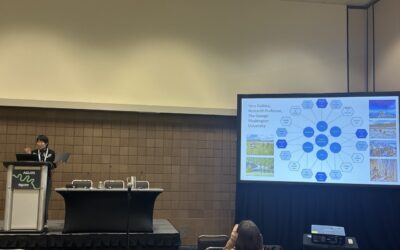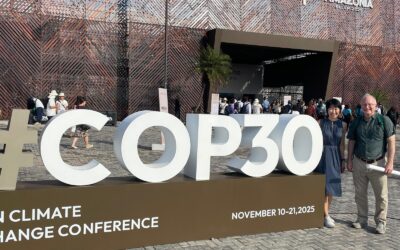On January 30, the University of Northern Iowa (UNI) hosted a special celebration marking the 10th...
NNA Research: Collaborative Research: Frozen Commons: Change, Resilience and Sustainability in the Arctic (Frozen Commons, # 2127348).
The Frozen Commons project explores the interconnected ice, snow, and permafrost landscapes that sustain Arctic communities and ecosystems by merging science, arts, and local and Indigenous Knowledge systems. Defined as shared resources collectively used and managed by Indigenous Peoples, local communities, governments, and external stakeholders, these “frozen commons” are critical to life in the Arctic. However, as the region experiences unprecedented climate-induced changes, ice and snow melting and permafrost’s thawing signals profound disruptions to cultural, social, and economic systems.
News
The American Geophysical Union (AGU) Fall Meeting 2025 took place at the Ernest N. Morial Convention Center in New Orleans, Louisiana (USA) on December 15–19, 2025.
AGU Fall Meeting is one of the world’s largest events for Earth and environmental science. In...
The Frozen Commons team organized several events at the United Nations Climate Change Conference COP30 in Belém, Brazil, on November 10-15, 2025
Fostering Indigenous-Led Dialogues to Govern Frozen Commons 11 November 2025 | Belém, Brazil This...
Find your way through Frozen Commons:
Explore our purpose in About, stay informed via News, go deeper into Research, and discover our Partners and Places.

How We Work
| Our approach is transdisciplinary, combining Indigenous knowledge, scientific research, and artistic practice. Through field studies, co-creative workshops, exhibitions, and publications, we generate knowledge that is both place-based and globally relevant. Collaboration is at the core of our work, ensuring that research outcomes are grounded in the lived realities of the regions we engage with. |

Where We Work
Northern Mongolia – Fieldwork focuses on Tsagaannuur and Bayanzürkh, exploring permafrost dynamics, community adaptation, and cultural heritage.
Alaska (McGrath & Nikolai) – Research addresses climate-driven changes in river systems, permafrost, and local subsistence practices, in close partnership with Indigenous communities






